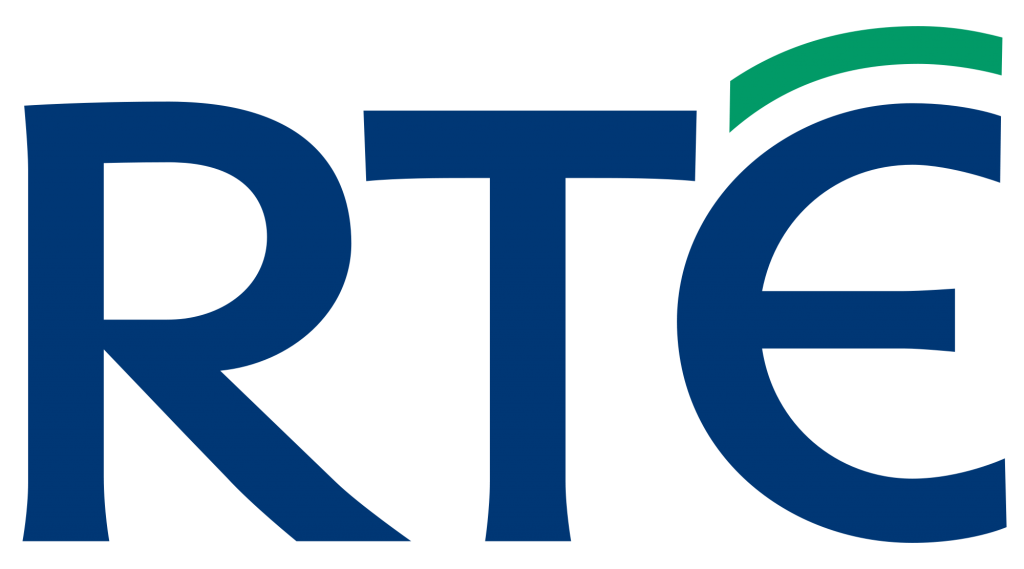Director-General announces sweeping structural and executive changes as the Irish public broadcaster looks to secure its future relevance and survival.
 Last week’s announcement by Director-General Dee Forbes confirmed drastic measures as part of the restructure that will include 200 or more job losses, in an attempt to reduce costs and secure appropriate funds for reinvestment.
Last week’s announcement by Director-General Dee Forbes confirmed drastic measures as part of the restructure that will include 200 or more job losses, in an attempt to reduce costs and secure appropriate funds for reinvestment.
Forbes also announced changes to the organisational structure of RTÉ, aimed at streamlining the broadcaster’s management. This will include the replacement of existing radio, digital and television divisions and replacing them with new content divisions, with a voluntary exit programme phased over two years.
Further changes include the sale of nearly 36,500 square metres of land at the broadcaster’s headquarters in Dublin, with the hope of raising €75m.
The reforms follow a period of necessary budget tightening at RTÉ, which has a projected deficit of €20 million for 2016 according to the Irish Times. This is partly due to the broadcaster having one of the highest licence fee evasion rates in Europe, costing it up to €40million per annum.
Advertising revenue has also been in decline both in the long term, with the broadcaster struggling to recover following the last recession, and more recently with the shock inflicted on advertisers by the UK’s Brexit vote – leading many to retreat from planned budgets.
“The reality is that RTÉ has maintained services and output on vastly reduced income and that is no longer sustainable”
In a statement Forbes highlighted the precarious financial situation faced by RTÉ and attempted to allay fears of a rise in the licence fee:
“The reality is that RTÉ has maintained services and output on vastly reduced income and that is no longer sustainable. The current licence fee, at just over 40c a day, is I believe great value. Any notion that it be doubled is nonsense. What I am focused on is reform of the fee collection system to recover some €40m per annum that is lost to the entire Irish sector every year through evasion.”
However, the General Secretary of Ireland’s National Union of Journalists (NUJ) claimed that the licence fee would have to rise to ensure RTÉ’s public service commitments, while stating that the restructure must be met with an adequate and “parallel process of investment in resources”.
The NUJ also stated that it would work with other RTÉ unions to ensure the job losses would not adversely impact the broadcaster’s ability to reach its public service obligations.
The issue of the licence fee collection is still under review by the Irish government, which is currently debating the merits of collection by a private agency and whether or not Ireland should adopt a BBC style licence system. RTÉ has no direct role in the collection under current rules.
The impact and extent of the PSB’s restructure will become more clear in September when it is due to present its five-year strategy document.
Header image: RTE public clock in Father Mathew Street, Cork City Centre. Credits: William Murphy/Creative Commons
Related Posts
19th October 2016
Change on the cards for PSM funding in Ireland
Funding to be examined by Oireachtas…
